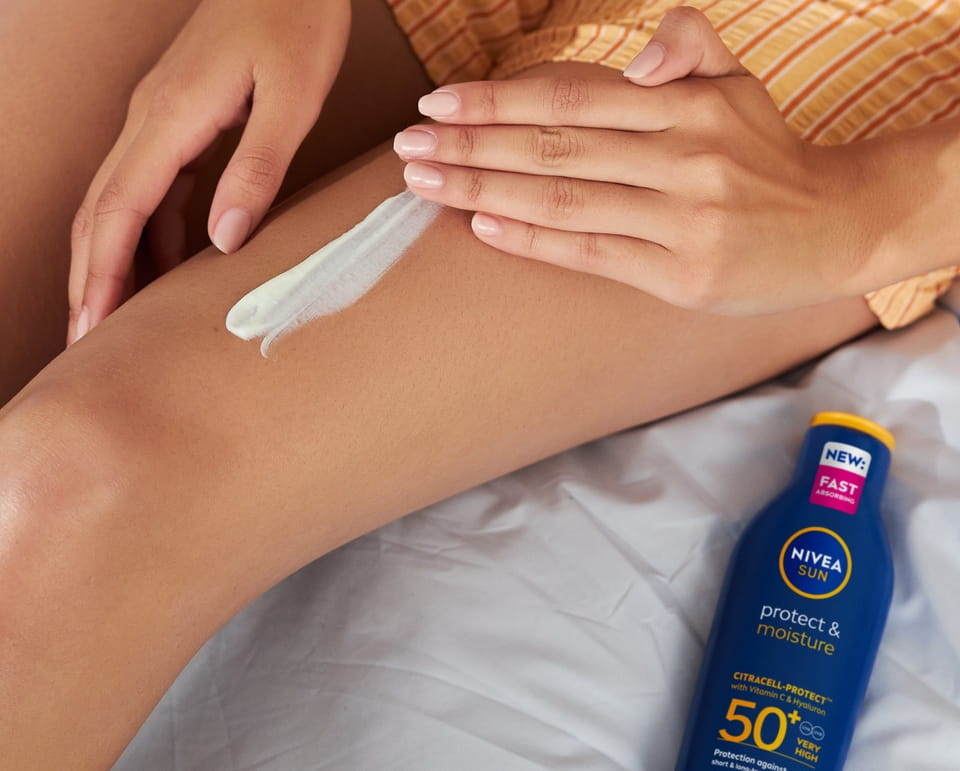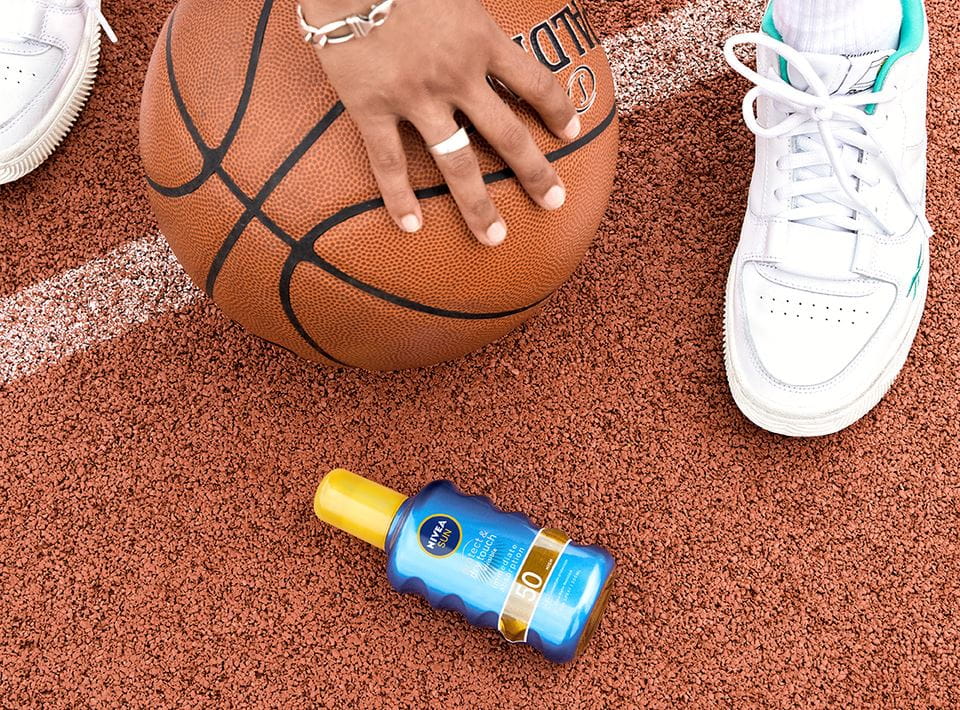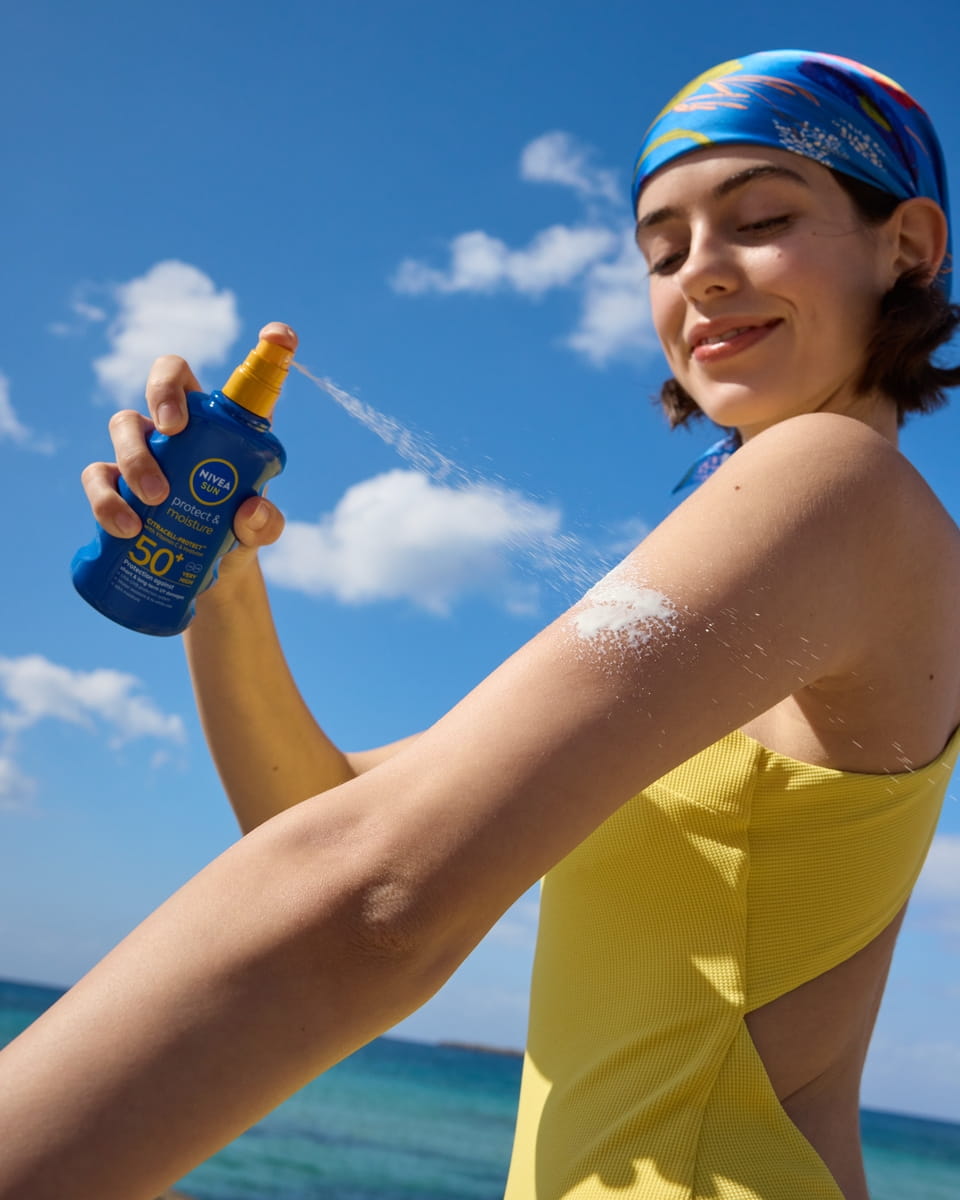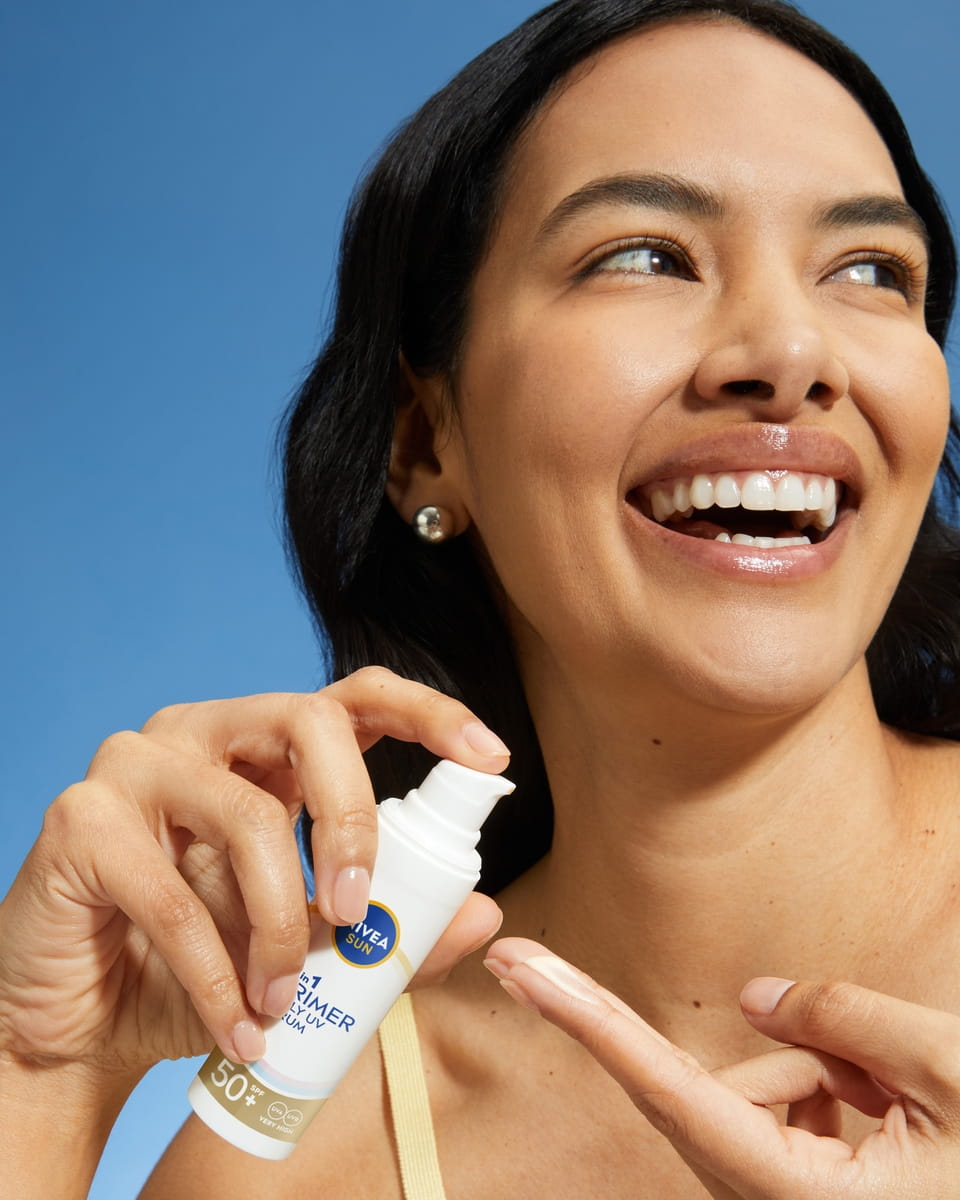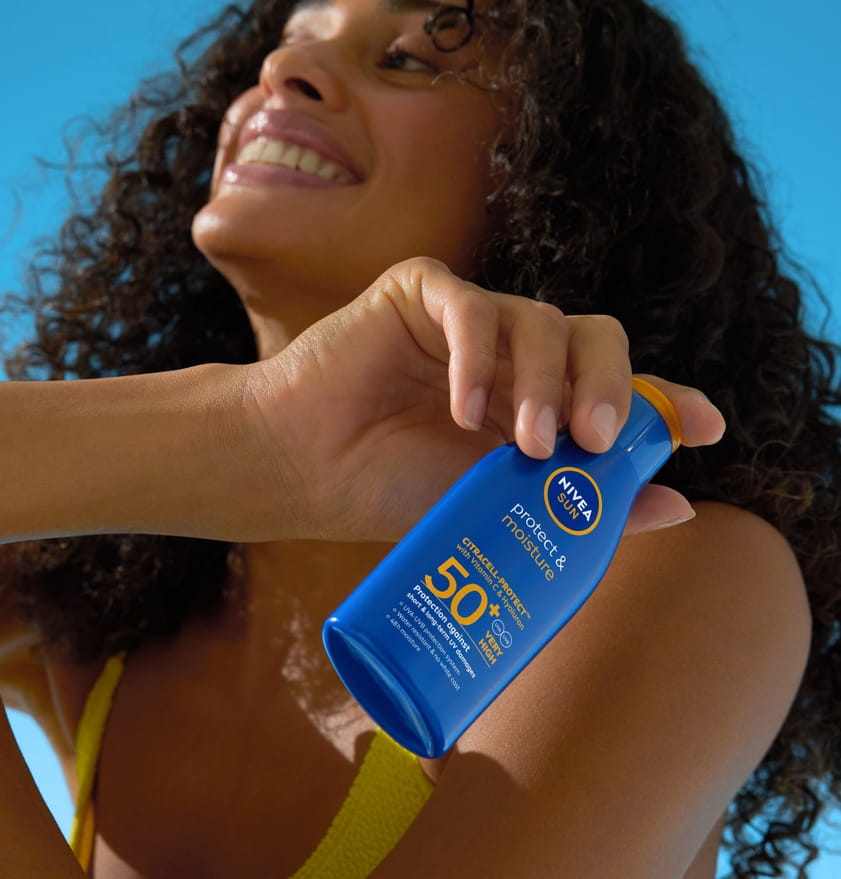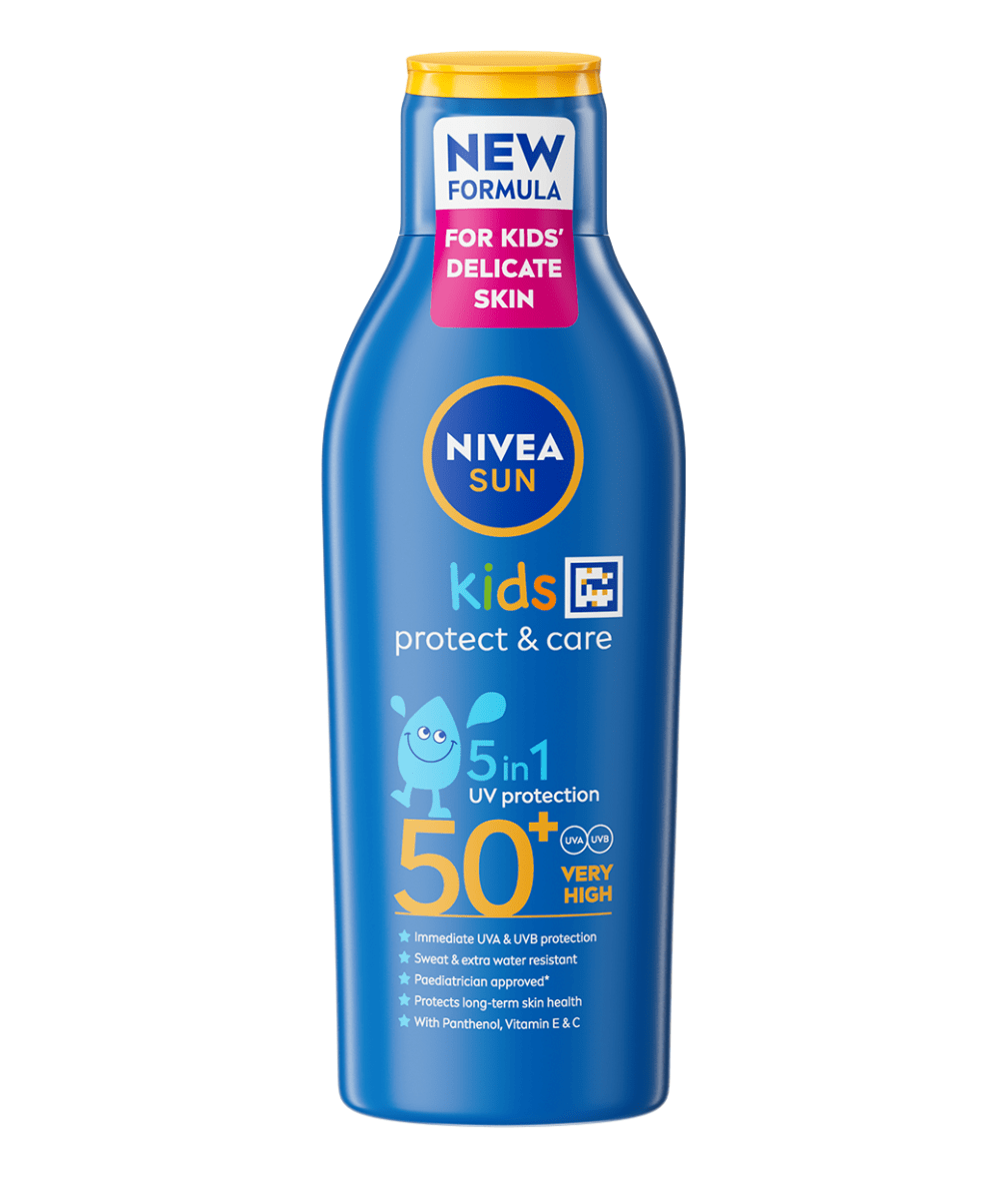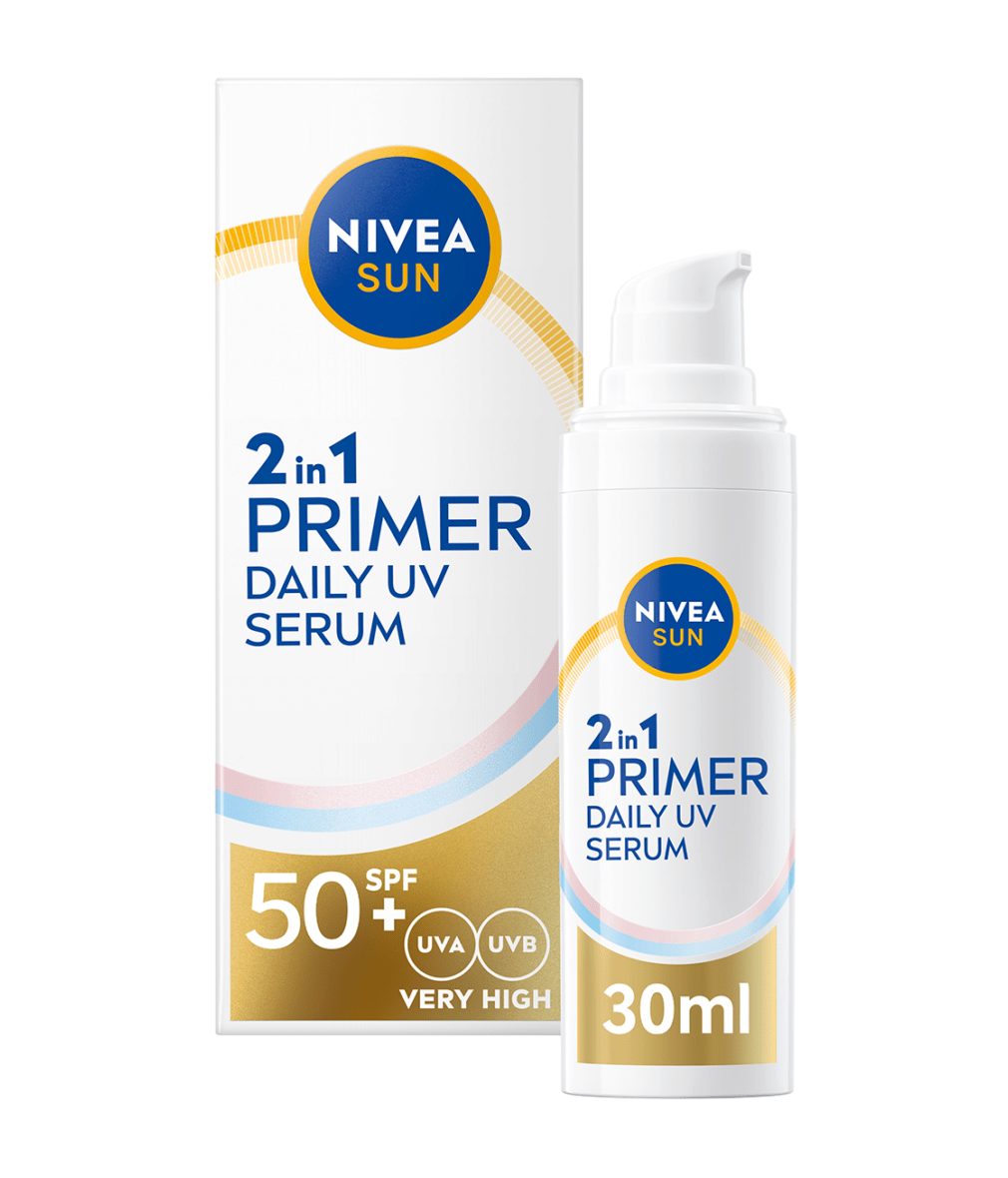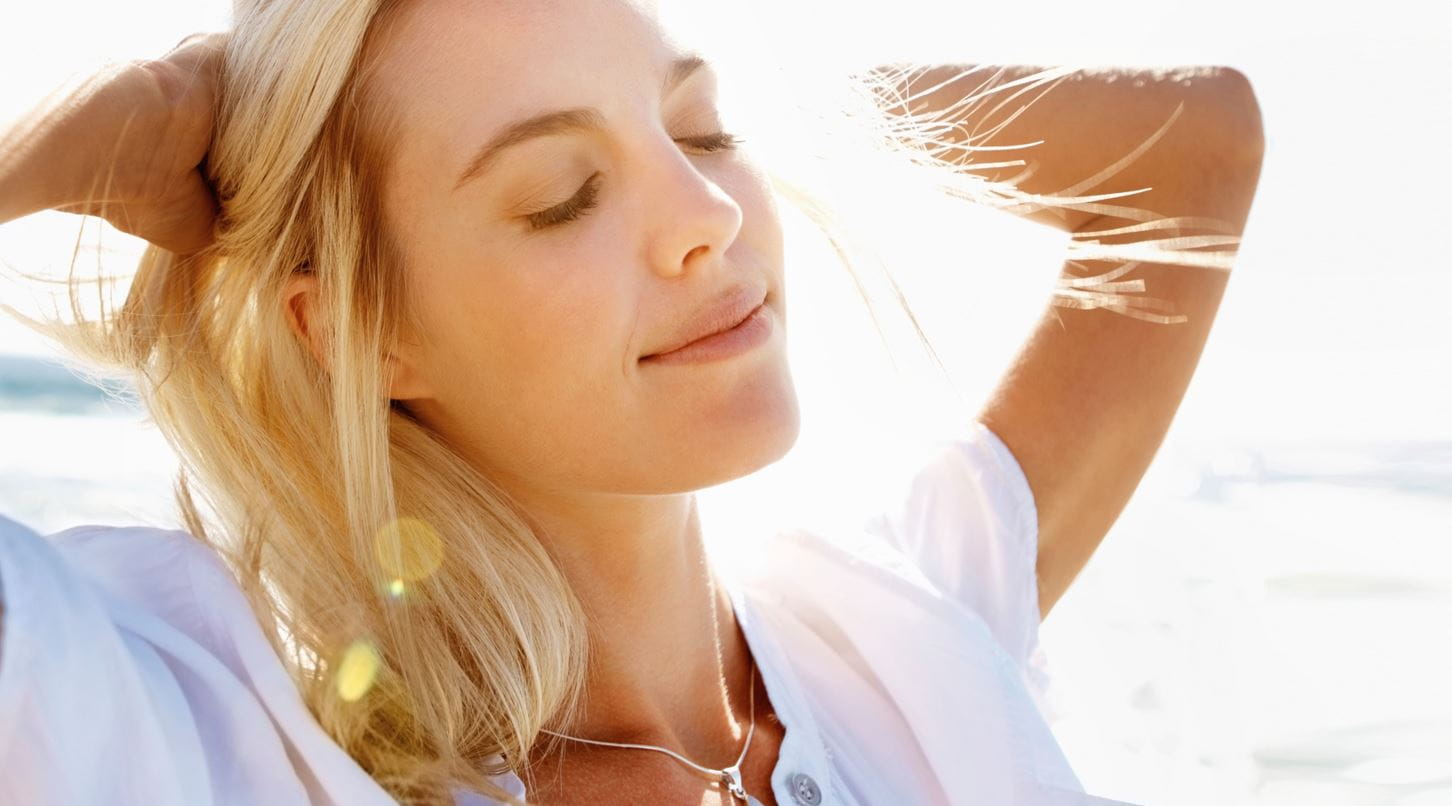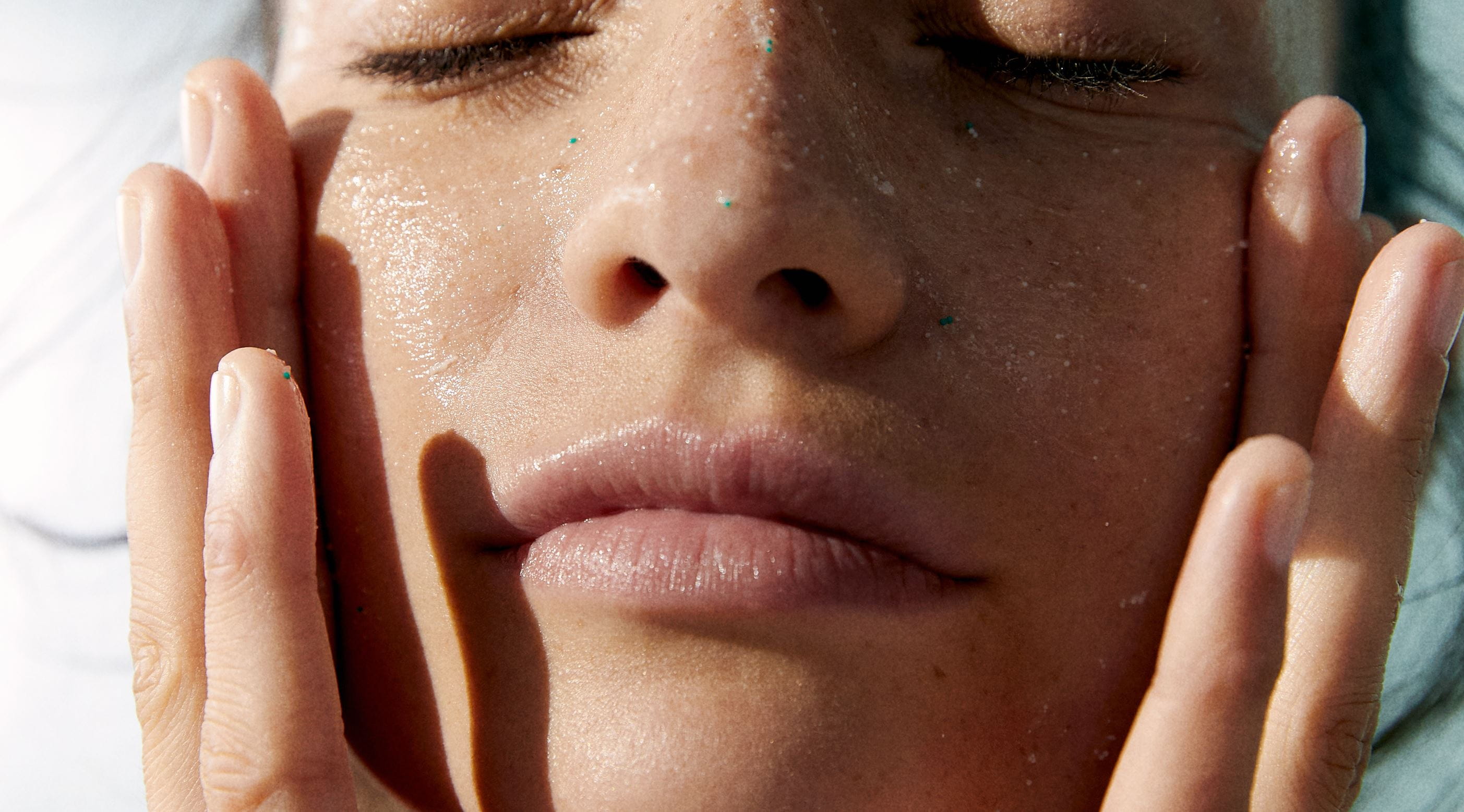
What is SPF & How often should it be applied?
Discover what SPF is, how sun filters protects your skin and learn the best practices for how often to apply sunscreen for effective sun protection.
Sun protection is essential for helping to maintain healthy-looking skin and preventing long-term damage. Prolonged exposure to the sun can cause sunburn, premature ageing, and increase the risk of skin damage. Sunscreen plays a crucial role in shielding the skin from harmful UV radiation, and SPF is a key factor in choosing the right protection.
What is SPF?
What does SPF stand for?
SPF Levels
The difference between SPF levels
The difference between SPF levels lies in the amount of UVB protection they offer.
How to apply SPF correctly
Applying sunscreen correctly is essential to ensure maximum UV protection. Even the most effective sunscreen won’t work if it isn’t applied properly.
How Long Does SPF50 Last & How often should you reapply sunscreen?
The effectiveness of a sunscreen decreases over time, especially with exposure to water, sweat, or towel-drying. Additionally, the lower the SPF and the longer the time since application, the fewer UVB rays will be filtered.
Regardless of the SPF level used, to maintain optimal protection, sunscreen should be reapplied every two hours. If you are swimming, sweating, or towel-drying, it will wear off more quickly, requiring more frequent reapplication. Always check the sunscreen's water-resistant label for specific guidance on reapplication during water activities. Regular reapplication ensures continuous protection throughout the day.
Regardless of the SPF level used, to maintain optimal protection, sunscreen should be reapplied every two hours. If you are swimming, sweating, or towel-drying, it will wear off more quickly, requiring more frequent reapplication. Always check the sunscreen's water-resistant label for specific guidance on reapplication during water activities. Regular reapplication ensures continuous protection throughout the day.
What is SPF & How often should it be applied
Facts Overview
Protection with SPF for Face and Body
Protection with SPF for Face
Protection with SPF for the Body
Choosing the right SPF for your skin
When selecting sunscreen, it is important to choose an SPF level that suits your skin type, the environment, and the activity you're engaging in.
Summary
SPF measures how effectively sunscreen protects your skin from UVB rays. The higher the SPF, the more protection it offers, but reapplication every two hours is crucial for maintaining sun safety. Apply sunscreen generously and evenly, and make sure to reapply after swimming or sweating for consistent protection.
